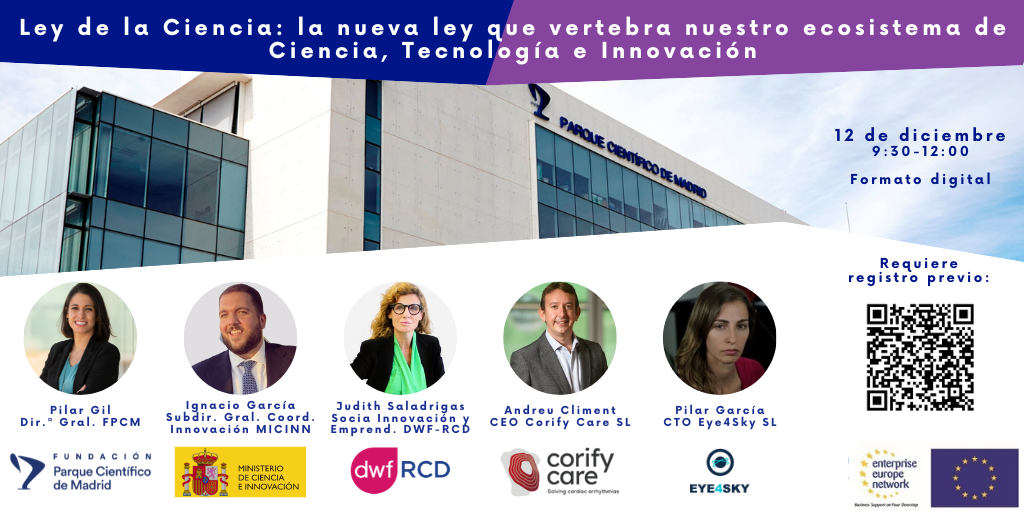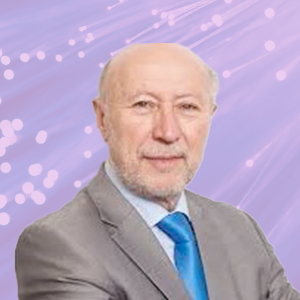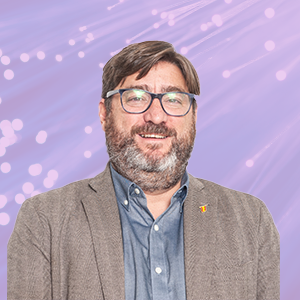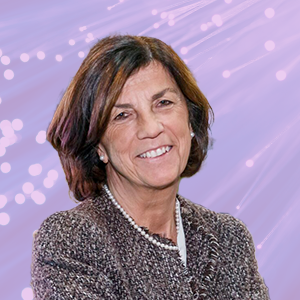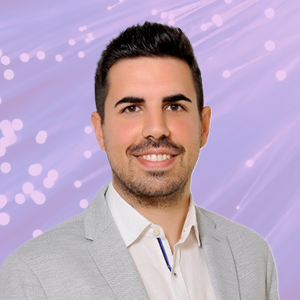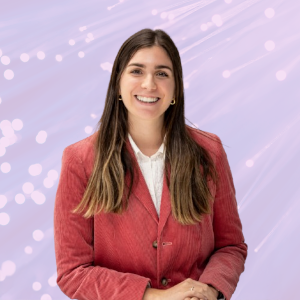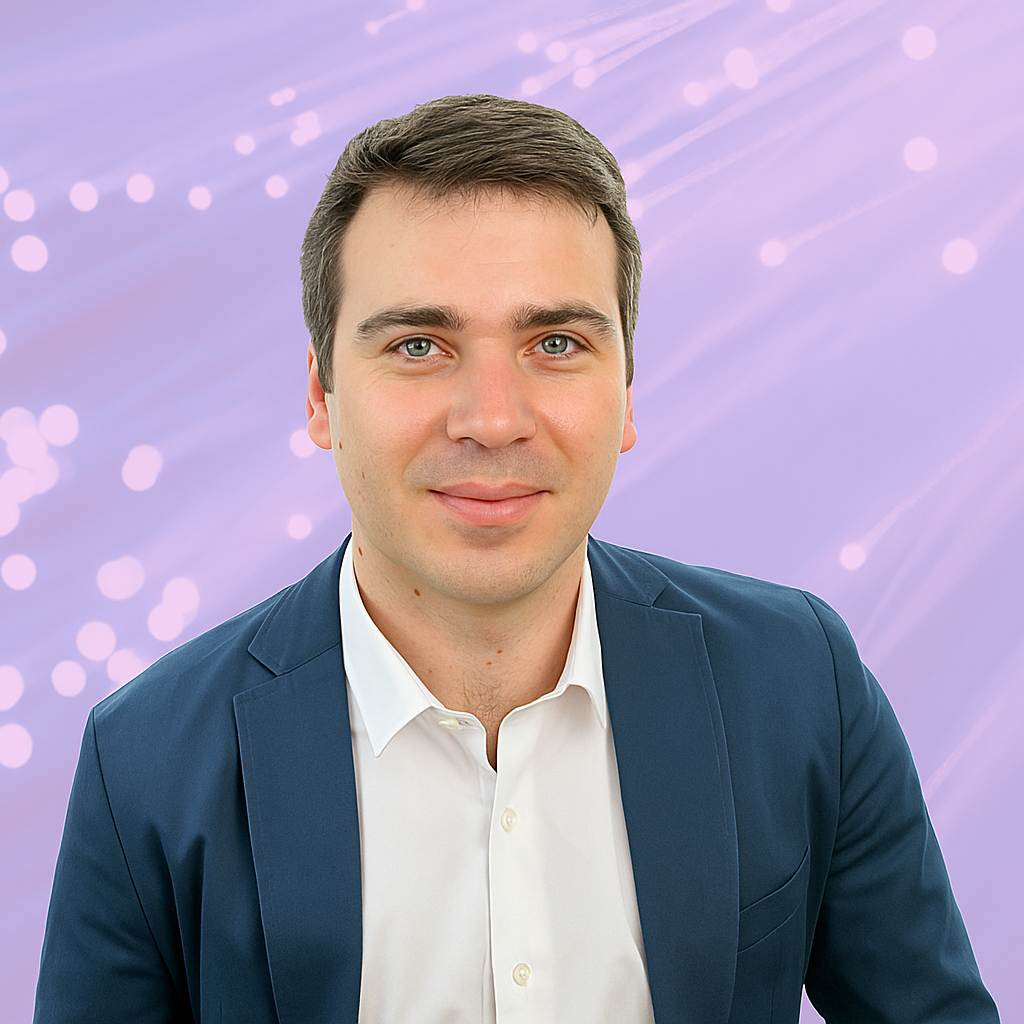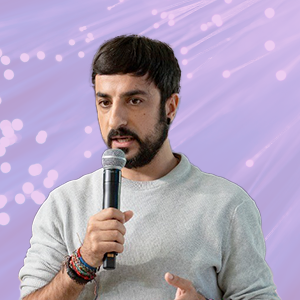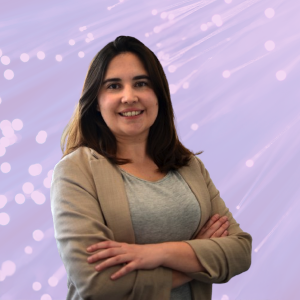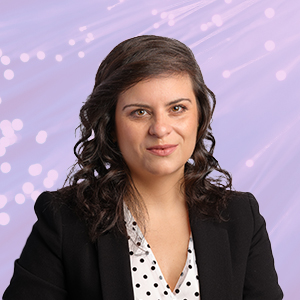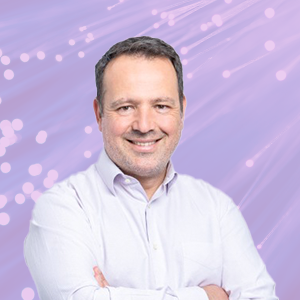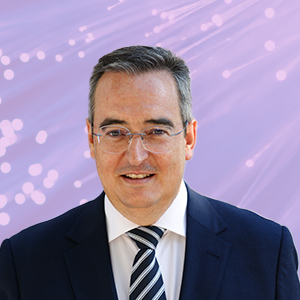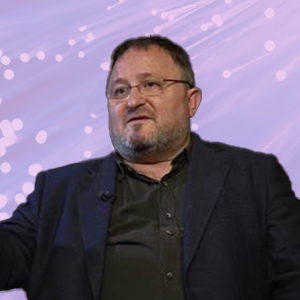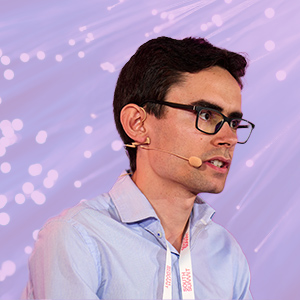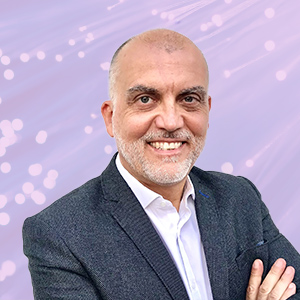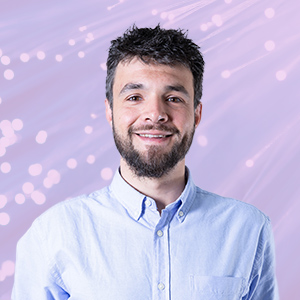The new Science Law was presented at a conference to learn about the implications it will entail for R+D+i and entrepreneurship.
On Monday, December 12, 2022, the Science Law conference was held , the new law that is the backbone of our Science, Technology and Innovation ecosystem. The virtual session was attended by more than 70 attendees and was organized by the FPCM with the General Secretariat of Innovation of the Ministry of Science and Innovation and the DWF-RCD law firm. This conference is part of the activities of the Enterprise Europe Network (EEN), of which the FPCM is an active member.
Modification of the Science Law
After the welcome of Pilar Gil, General Director of the FPCM, Ignacio García Fenoll, Deputy Director General of Innovation Coordination of the Ministry of Science and Innovation, was introduced. García Fenoll placed this modification of the previous law of science in its context. After the recent COVID-19 pandemic, it has become clear that a country that is not prepared for innovation will not be able to overcome future crises. It is therefore clear that it is necessary to strengthen and promote our research, development and innovation (R+D+i) system, without this implying that we place all our hopes solely in it.
The main problem of this system lies in the transfer of knowledge. In the rankings of world scientific production, Spain occupies the place that more or less corresponds to it in terms of size and GDP (12th). However, in innovation, our country is far behind (30th). To overcome this delay, it is necessary to promote knowledge-based entrepreneurship. That is why the main objective of the new law is to solve the known shortcomings in the Spanish science, technology and innovation system.
Towards a better R+D+i system
These shortcomings focus on three areas: career, knowledge transfer and governance. In the first, the new law seeks to reduce precariousness and ensure the stability of all workers in the R+D+i system, including technical personnel. In addition, an attempt is made to reduce gender inequalities, conciliation is favoured and female leadership is enhanced. In the second area, the law modifies the legal regime applicable to research personnel who are dedicated to the transfer of research results to innovation. Likewise, the economic recognition of research and transfer merits is equalized, and the administrative burden in this regard is reduced.
Finally, with regard to the third area, the governance of the entire system is improved, and especially public-private collaboration. While the previous law focused on the public sector, the new law incorporates a more active role for companies, civil society and other actors in the system. Not surprisingly, 90% of the Spanish productive fabric are SMEs, of which the majority are micro-SMEs (<10 workers). According to the new text, the State guarantees on a multi-year basis that public funding for R+D+i reaches 1.25% of GDP and the private part must complete this financing with 1.75% to reach 3%.
Main new features in transfer and entrepreneurship of the new law
Next, Judith Saladrigas, partner of the Innovation and Entrepreneurship Area DWF-RCD, offered a detailed analysis of the main developments in transfer and entrepreneurship.
First, he highlighted the novelties that affect public resources (talent and knowledge), the basis of entrepreneurship projects of public origin. In this sense, he highlighted its application to the different groups involved in research activity, as well as the scope of the research results and their attribution to the institution, unless waived.
On the one hand, he stressed the incentives provided for in the regulation aimed at promoting and valuing the activity of transfer and entrepreneurship, both for public enforcement agents and for their staff. This should guide research results transfer offices (RTOs) to rethink their market linkage strategies, including the possibility of reformulating their structure according to good practices in other countries.
Another particularly important aspect that was shared was the modalities of linking research personnel with companies and the requirements to make it compatible with their public activity.
The exception to the rule of public procurement by competitive concurrence of Article 36 was also mentioned. This exception contemplates the direct award of contracts related to R+D+i. Among them is the option to explore the business viability of the project based on public knowledge and financing, among others.
Changes, opportunities and start-up law
In short, Saladrigas stressed that the new law offers changes and opportunities to advance in the strategies followed by public research centers in transfer and entrepreneurship activities. For this reason, it will be necessary to be attentive to the decisions adopted in this regard and to adapt the internal instruments for a proper execution that balances the public and private interests at stake.
In addition, Saladrigas related these aspects to the new Law for the Promotion of the Emerging Business Ecosystem (known as the start-up law), about which more information will soon be offered in the Park.
A vision of enterprising researchers
Finally, the conference gathered the impressions of two enterprising researchers. Pilar García Parejo described the steps taken to launch Eye4Sky S.L., the first spin-off of the National Institute. of Aerospace Technology (INTA) and of which he is CTO. Andreu Climent, General Manager of Corify Care S.L., a spin-off of the Polytechnic University of Valencia (UPV) and the Health Research Institute of the Gregorio Marañón Hospital (IISGM), then intervened. Climent detailed the numerous difficulties encountered in bringing the research to the market, despite the support of all the actors in its environment. He particularly stressed the absence of specific regulations to implement the laws, which leads to considerable legal uncertainty. As examples of the obstacles encountered for scientific undertaking, he cited the incompatibilities between regional laws or the fact that the laws are designed for civil servants and do not contemplate contracted personnel.
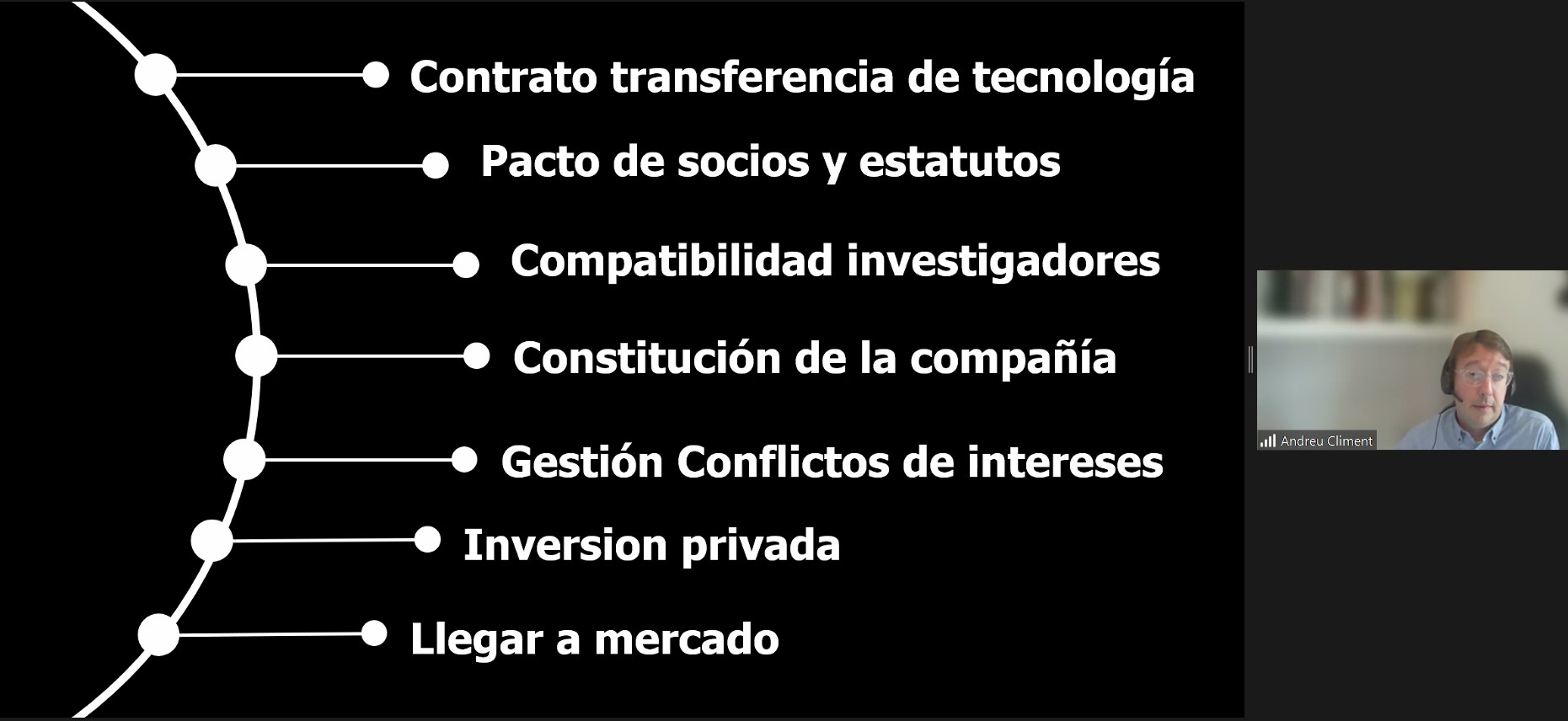
With all this, those attending the conference were able to take away a good summary of what changes and improvements the new science law entails, and what aspects should continue to be worked on in the future. We hope that the application of this law will meet the expectations raised.
To be informad@s of the EEN services, you can follow the hashtag #EENCanHelp.
Video of the session
The conference (with the exception of the intervention of Judith Saladrigas) can be seen at the following link:
For additional information about the session, other events and FPCM services for the EU EEN (Enterprise Europe Network) programme, contact us here: een@fpcm.es.
Contact of the speakers
If you have any questions about the new law, you can contact the partners of the Innovation and Entrepreneurship Area of DWF-RCD:
Judith Saladrigas: Judith.Saladrigas@dwf-rcd.law
Alberto Ouro: Alberto.Ouro@dwf-rcd.law

